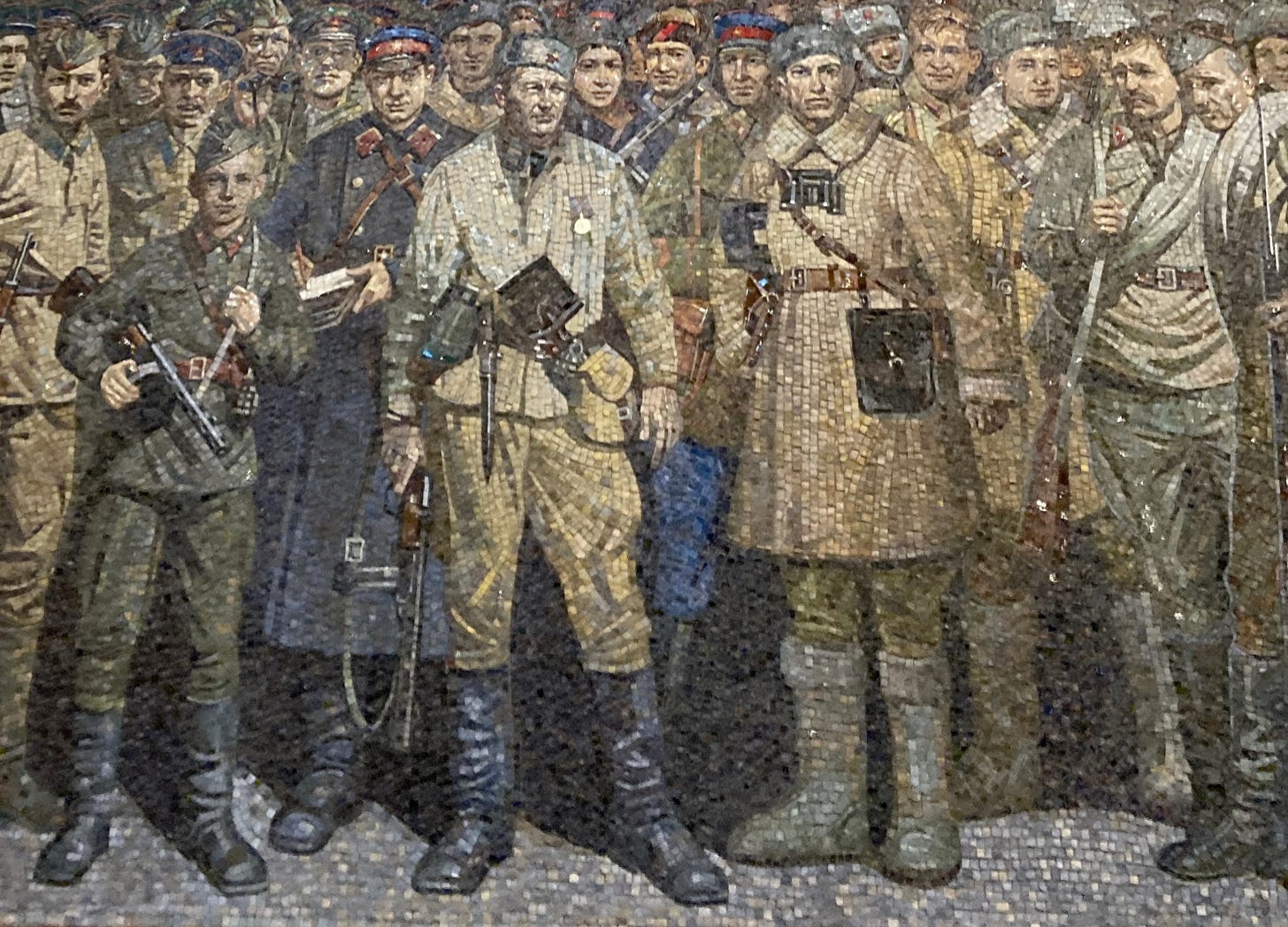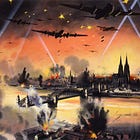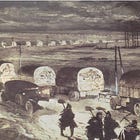Pliant Purposes
The Role of Policy and Politics, Myth and Legend, in Recent Operations
During the Clausewitz craze of the late 1970s, many experts, whether instant or otherwise, insisted that, whenever the word Politik appeared in the works of the Philosopher of War, English-speaking readers should take it to mean “policy.” This, I think, served two purposes.1 First, it allowed all concerned to distance themselves from the grubby ward-heelery that comes to mind when people in the English-speaking world hear the word ‘politics’. Second, it legitimized the role of people who, while hard-pressed to distinguish enfilade from defilade, nonetheless sought positions of honor and influence within the realm of think tanks, under- and deputy-secretariats, and schools for field grade officers.
There is, of course, much truth in this definition. After all, I am quite sure that America’s favorite Prussian never spent a single rain-soaked Tuesday driving voters to the polls. Moreover, there are cases, such as the recent war in Nagorno-Karabakh, where the relationship between ends and means seems to reflect the simple hierarchy imagined by the keepers of policy shops. (Mr. Aliyev, who has never been obliged to pretend to be Greek in order to win a seat on the Baltimore city council, probably found it easy to provide his soldiers with a concrete, falsifiable, readily grokkable goal.)
Things are different in Gaza, where Mr. Netanyahu must steer a course between constituents (some of whom are soldiers) who employ the Book of Joshua as a how-to guide and voters (both in-and-out of uniform) who would rather not do to their fellow falafel fans what Isaac did to Hagar and Ishmael. Thus, rather than providing his generals with an unambiguous ‘n order to,’ he must pretend to seek one end while making progress towards another.
In much the same way, the geopolitical goals pursued by Mr. Putin in Ukraine, which necessarily wax and wane with the outcome of battles, change far too often for coherent codification. Thus, rather than depicting his desired end state upon a map, he expressed his intentions in the language of the curious legendarium of his regime. In other words, when Putin defined the ‘special military operation’ as an exercise in ‘denazification’, he turned it into struggle against the villains of the founding myth of twenty-first century Russia, a strangely syncretic saga in which the Workers’ and Peasants’ Red Army, with (believe it or not) the help the NKVD, saved Orthodox Christianity.

The location of the political purposes of Russian military operations in Ukraine in the realm of fable gives Putin a free hand when it comes to the horse-trading inherent in the sort of war he is waging.2 Indeed, if the release (in the course of a prisoner exchange in 2022) of prominent members of the Azov Regiment is any indication, Putin cares little for the elimination of the actual people who, in the course of larping as History Channel vikings, have reminded some observers, Russian and otherwise, of the original gangsters of National Socialism.
There are, of course, times when the ‘we are fighting Nazis’ narrative makes an impact on the real world. Thus, the two unmanned aerial vehicles that struck the alma mater of Stepan Bandera on 1 January 2024 could have been directed against a military facility. That said, it is also possible that the desire to fly drones through particular pieces of air space (as part of an attempt to overwhelm air defenses) created a situation in which some flying robots needed jobs to do at the end of their journeys.
For Further Reading:
To Subscribe, Support, or Share:
For examples of this tendency, pick up just about any issue of the Naval War College Review, Military Review, or Parameters published in the decade that began in 1976, the year that the first copies of the Howard & Paret translation of On War rolled off the press.
For an excellent characterization of the types of war fought in Ukraine, see Big Serge, The End of Cabinet War.








